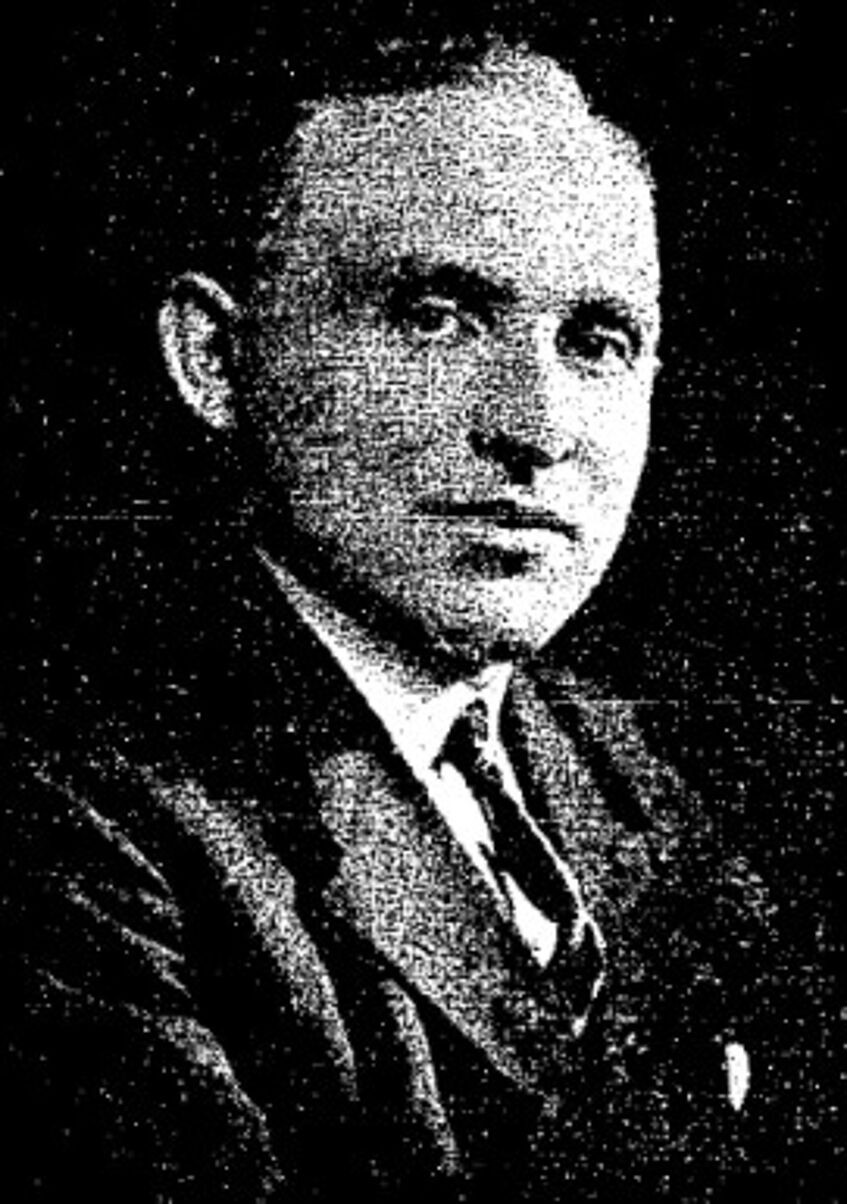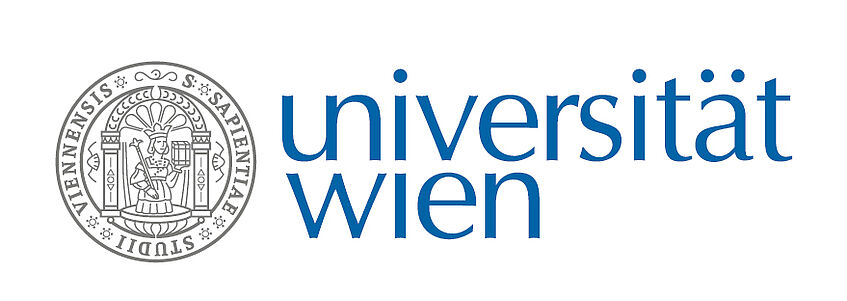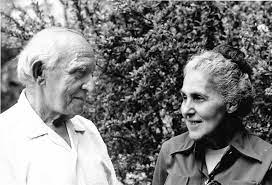Throwback: 3rd Baron Award Ceremony, Vienna, 26 May 2025
The Salo W. and Jeannette M. Baron Awards
The Senior Scholar Award
The Salo W. and Jeannette M. Baron Award for Scholarly Excellence in Research of the Jewish Experience was installed at the University of Vienna in 2020 and is generously founded by the Salo W. and Jeannette M. Baron Foundation/Knapp Family Foundation.
The great historian Salo W. Baron famously described the Jewish experience as follows: “Suffering is part of the destiny” of the Jewish people “but so is repeated joy and ultimate redemption.” The Award will therefore recognize achievements of the highest excellence of researchers from all fields of study whose work focuses on the relationship of Jews and non-Jews and perceptions and understandings of Judaism in the wider societies in which they live, including but not limited to the history, culture, religion, and institutions of the Jewish people as well as their persecution.
The Award may honor the outstanding lifetime achievements of an individual scholar or in recognition of the significant impact of an original book dedicated to an aspect of the Jewish experience that demonstrates excellence in research on a national or international scale.
The Award is for scholarly excellence and will therefore be open to qualifying candidates without regard to national origin, ethnicity, confession, gender, orientation or other personal circumstances.
The Award will be awarded biannually beginning in 2021 (due to the COVID-19 pandemic and its dislocations).
The Young Scholars Awards
The Salo W. and Jeannette M. Baron Young Scholars Awards for Scholarly Excellence in Research of the Jewish Experience will be awarded to two young academic scholars from all fields of study who have completed an exceptional Master’s thesis and are currently writing a PhD dissertation, or have recently completed a PhD thesis all of which are related to the Jewish experience. Academic work should be focused on the relationship of Jews and non-Jews and perceptions and understandings of Judaism in the wider societies in which they live, including but not limited to the history, culture, religion, and institutions of the Jewish people as well as their persecution.
The awards will be conferred every two years starting 2021. They consist of two scholarships of up to € 7,500 each offered to two young international scholars for a research stay of three months at the University of Vienna.
Application
The Young Scholars Award application round for 2025 has closed. We expect to continue the Baron Young Scholars Awards in 2027.
Salo W. Baron (1895-1989)

Salo W. Baron (1895-1989)
The Baron Award honors the achievements and legacy of Salo Wittmayer Baron considered “the greatest Jewish historian of the 20th century.” His research spanned Europe, North Africa, America and the Middle East, geographically and across the centuries. Baron was born on May 26,1895, in Tarnów, Galicia which was then part of the Austro-Hungarian Empire. In 1920, he received his rabbinical ordination from the Jewish Theological Seminary in Vienna and multiple doctorates from the University of Vienna. In January 1930, Baron accepted the Nathan L. Miller Professor of Jewish History, Literature and Institutions at Columbia University, the first of its kind anywhere. It was at Columbia that he met his wife Jeannette Meisel who became his most trusted companion in life and collaborator in his scholarly work.
Mastering over twenty languages, Baron’s seminal achievement was his eighteen volume “A Social and Religious History of the Jews” (2d ed. 1952 - 1983). His life’s work was to reevaluate what he called the “lachrymose conception” of Jewish history and consider also their successes and their sheer perseverance that marked that history. While “[s]uffering is part of the destiny” of the Jewish people “but so is repeated joy and ultimate redemption.” Baron thus galvanized a far more nuanced perception of a people that went beyond mere victimization. His work was therefore of great importance beyond the world of scholarship as it lays the ground work for how Jews in Israel and elsewhere perceive themselves and are perceived by others.


























